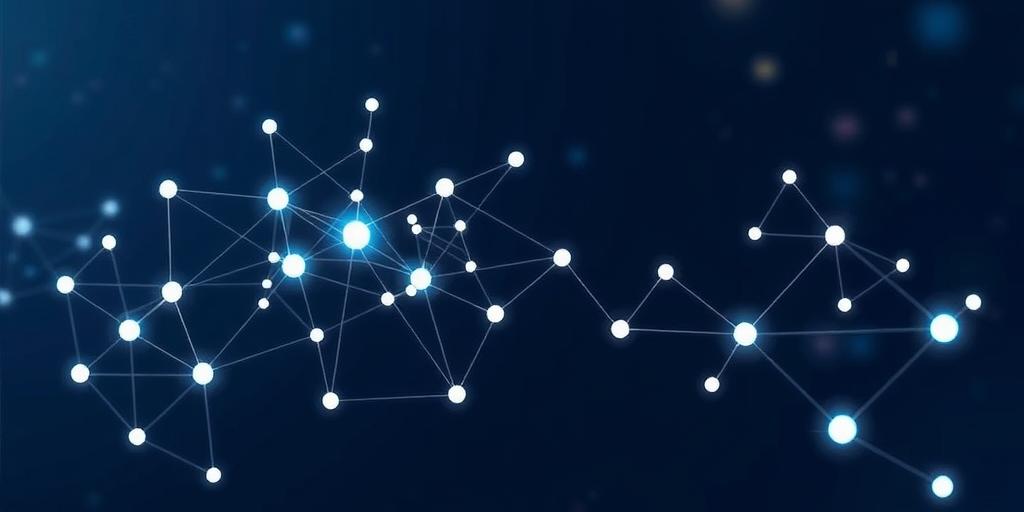DAOs (Decentralized Autonomous Organizations): A New Model for Online Communities?
Decentralized Autonomous Organizations (DAOs) are emerging as a novel approach to organizing and managing online communities and projects. This post aims to provide an informative overview of DAOs, exploring their structure, potential benefits, and challenges.
What is a DAO?
A DAO is essentially an internet-native organization governed by rules encoded in computer programs called smart contracts. These smart contracts, deployed on a blockchain, automate the decision-making process and ensure transparency. Unlike traditional organizations with hierarchical structures, DAOs operate on the principles of decentralization and community governance.
Key characteristics of a DAO:
- Decentralized Governance: Decision-making power is distributed among token holders, who can propose and vote on proposals.
- Transparency: All transactions and governance rules are publicly recorded on the blockchain, fostering trust and accountability.
- Automation: Smart contracts automate the execution of decisions, eliminating the need for intermediaries.
- Community-Driven: DAOs are driven by the collective goals and interests of their members.
How DAOs Work:
- Smart Contract Creation: The DAO's rules and functionalities are defined in smart contracts.
- Token Distribution: Tokens are distributed to members, granting them voting rights and potentially other benefits.
- Proposal Submission: Members can submit proposals for changes or initiatives within the DAO.
- Voting Process: Token holders vote on proposals, typically using a weighted voting system based on the number of tokens they hold.
- Automated Execution: If a proposal meets the quorum and approval threshold, the smart contract automatically executes the decision.
Potential Benefits of DAOs:
- Increased Transparency and Trust: Blockchain-based governance fosters trust and reduces the risk of corruption.
- Enhanced Community Engagement: DAOs empower community members to actively participate in decision-making.
- Greater Efficiency: Smart contract automation streamlines operations and reduces administrative overhead.
- Global Collaboration: DAOs enable individuals from around the world to collaborate on projects in a transparent and efficient manner.
Challenges and Considerations:
- Regulatory Uncertainty: The legal status of DAOs remains unclear in many jurisdictions.
- Security Risks: Smart contracts are vulnerable to bugs and exploits, which could lead to financial losses.
- Governance Challenges: Effective DAO governance requires active participation from members and mechanisms to prevent manipulation.
- Scalability Issues: Scaling DAO governance to accommodate large communities can be challenging.
Examples of DAOs:
- MakerDAO: A decentralized lending platform that issues the DAI stablecoin.
- Uniswap: A decentralized exchange that allows users to trade cryptocurrencies without intermediaries.
- Gitcoin: A platform that funds open-source software development through community grants.
Conclusion:
DAOs represent a promising new model for organizing online communities and projects. While challenges remain, the potential benefits of decentralization, transparency, and community governance are significant. As the DAO landscape evolves, it will be interesting to observe how these organizations shape the future of online collaboration and decision-making.









